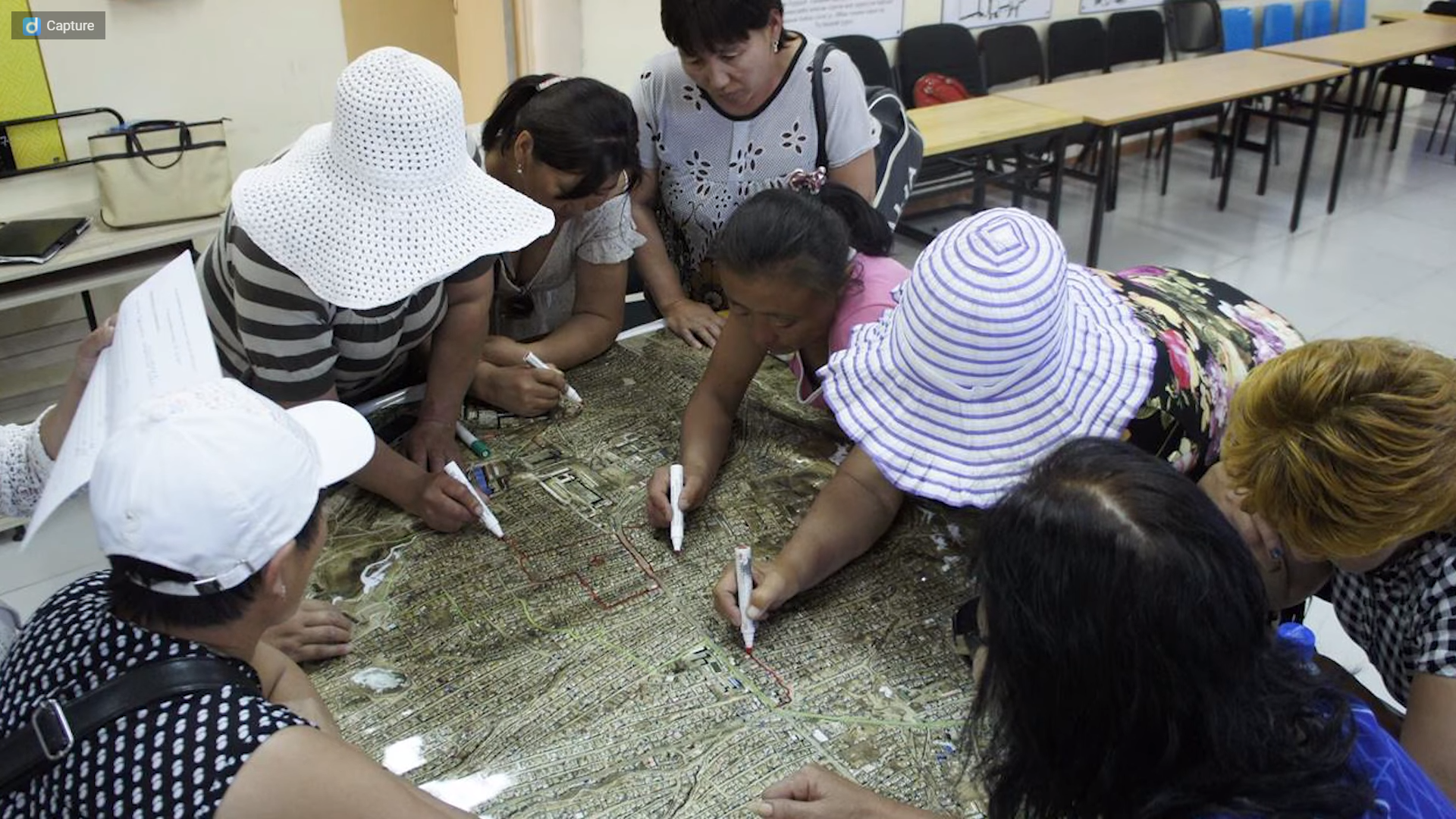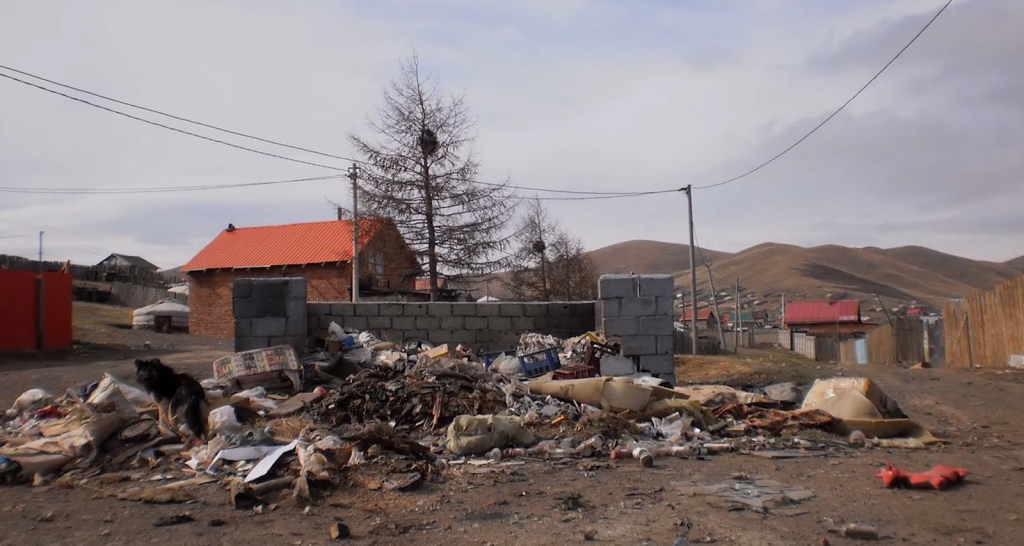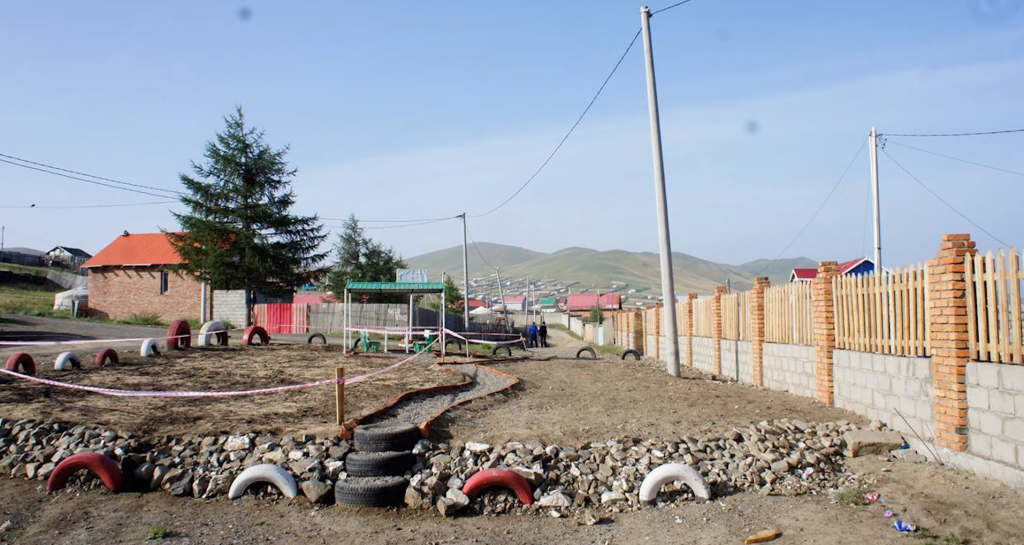First step to social prosperity

The best way for citizens to enjoy a comfortable and healthy life in their neighborhood is to actively participate in the development.
The citizen participation is a cornerstone of democracy
It has been 30 years since the adaptation of democracy in Mongolia. Since 1992 everyone freely choosing and residing in the place of their preference became possible in accord with the constitution of Mongolia. So, the population of Ulaanbaatar which was 548 thousand in 1989 became one million and 491 thousand after 30 years. Increasing almost one million. In other words, 26 percent of the population lived in the capital in 1989 whereas it is 46 percent now. Due to intensified urbanization and internal migration workload of some of Ulaanbaatar’s sections increased and got hard to reach all of their citizens. For example, the 7th horse of Songinohairhan district is working with a double workload of the average section with its population of 20 thousand. According to the study of the International Organization of Migration in 2018 citizens living in urban and regional areas migrate to the city seeking to better their living conditions and access better education, public services and living environment. This increase in the city population created a lot of challenges for the government such as infrastructure and health service etc. With it, the challenge to improve their shared district together emerged for the citizens.
The citizen involvement is the cornerstone of democracy. Democracy can’t exist without the involvement of the citizens themselves. The essential feature of democratic governance is its governance method which is to create citizen participation in government operations. The involvement is defined as citizens voicing their take and having a say in decisions (James L. Creighton (2005)The Public Participation Handbook: Making Better Decisions Through Citizen Involvement. John Wiley& Sons Inc). UN and other countries use the ladder of Citizen Participation outlined by Sherry Arnstein in 1969 as their standard. According to him, there are three degrees of nonparticipation, tokenism, and citizen power.
- Degrees of nonparticipation or lack of participation. Power Holders use their authority in their policy making and decisions in the absence of citizens’ participation. This is characterized by the denial of problems identified by the citizens and false information and other chicaneries.
- Degrees of tokenism. False pretensions to solve the citizens’ concerns by creating the illusion that their meetings with powerholders and public administrations are genuine participation on their part. But all these will empty rituals and final decisions won’t reflect their interest.
- Degrees of citizen power or active participation. Decision-makers will involve the citizens in the process of discussion, solution, and implementation and make their decision based on the opinion and advice by the citizens. Also, the implementation and success of the policies and mandates are monitored by citizens and public citizen organizations. The citizen participation is satisfied by creating and sustaining genuine relations and cooperation between the government and citizens and also by reflecting the concerns and initiatives of the citizens in their decisions and policy. In other words, the public has to participate in any operations and plans to the end.
Let’s develop step by step: from the development of the section to country
Citizens should have knowledge of the problems of their section and be able to accurately inform it. Otherwise, someone will solve the problem with the most inaccurate and expensive solution. A good example is the garbage dump of the 6th section, Sukhbaatar district. The office of section and waste transportation government company has been working in the absence of citizens’ involvement. As a result, citizens started to dispose of their wastes unorderly while waiting for the monthly pickups and the dump spot became a mess. We can see the changes that occurred when citizens started to participate in the decision making of their horror in the picture below. They improved their living environment greatly by creating a schedule and letting everybody know the day of the pickup.
Order 244 by the Minister of Finance in 2012 has been the first step towards implementing citizens’ suggestions in the development of the section. Later in 2013 procedures to involve citizens in the respective province, capital, sum, districts investment funding has been implemented. Consequently, the Local Development Fund has been created and made the citizen engagement possible in initiations and projects made by their respective regions and sections. The survey made by the Asian Foundation in 2016 showed the lack of understanding of the Local Development Fund in 82% of citizens of 33 section The fund is funded by sources such as value-added tax, a fee for use of crude oil and mineral resource including the fee for survey and special license for mining. It is also distributed to the province, capital, sum, districts along with the fund. Total of MNT 895 bn has been distributed to this fund from 2013 to 2019. The Local Development Fund has been financing many projects and measures such as infrastructure development, decoration of public space, improvement of lighting and also conservation of pasture, springs, fountains, and construction of drilled wells.

MNT 6 million dump site
Many methods to employ citizen engagement has been experimented after passing of the new investment fund law in 2013 and yearly national household paper survey has left its legacy to continue for many years. But money and time can be saved through new technology. There are many good examples. The Local Development Fund financed a survey among respective citizens in regard to improving their living environment in a short time through online and filed the citizen suggestions to the corresponding offices in 2018 and 2019. By shifting from personal door to door survey to online survey everyone above 18 in the household can vote. Additionally, the extra cost of typing every data has been eliminated along with the risk of the chase by dogs and slipping. In 2018, 13 thousand citizens of 9 districts and 19 sections and also in 2019, 76 thousand citizens of 6 districts and 42 sections which are 43% of the public participated in an online survey through SmartUb phone application. 99.6% of the population of 15-60 age group or 2.1 million people is using a cellphone of which 1.7 million is smartphone according to the survey done by MMCG company. But only 43% of the public participating in the survey of identifying the most pressing issues of their section in 5 seconds by their smartphone isn’t enough. Let’s try to explain its reason with a Theory of the Calculus Voting by William Riker and Peter Ordeshook, 1968.

MNT 2 million dumpsite created with the participation of the citizens
According to this theory the probability of the vote is actualized if the citizen’s duty added by the multiplication of probability of the vote “mattering” and “benefit” of voting is greater than the costs of voting. The probability of the vote “mattering” (p) and “benefit” of voting (B) or p*B is often minuscule. So the D (citizens duty) or citizens’ own feelings and evolution of his or her vote are directly met with the costs of voting. Strong “I voted” feeling will increase the citizen’s involvement in social development. Costs of voting include the time and financial costs of getting to the polling place etc. The online poll will reduce the cost and make the polling process much easier.
In a country of 129 million population like the USA the probability of the vote “mattering” per person is too close to zero. Whereas in Mongolia and in particular probability of the vote of one person mattering in the survey of the section is much higher. According to this theory, reducing the cost and informing the citizens of their responsibility by making them comprehend even the vote of one person is powerfully effective will enhance and improve the process of polling. However, the cost reduction and innovation of online polling aren’t enough to increase the citizen’s engagement. What will increase you and your friend’s and family’s engagement in polls? In final, as every road leads to Roman citizen participation is the first step towards any social development.
